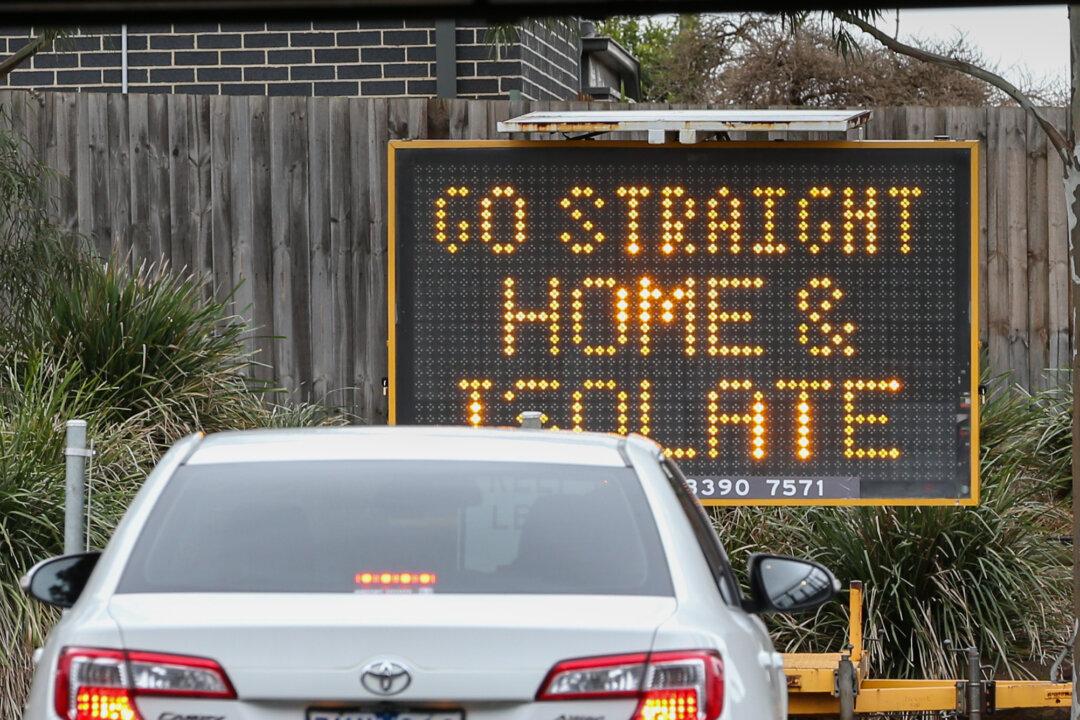A court has ruled that Victoria’s Health Department must process Freedom of Information (FOI) requests related to public health orders implemented during the pandemic.
The documents (briefs) underpinned decisions related to policies like curfews on Victorian citizens, and closing children’s playgrounds during the state’s lockdown periods.





